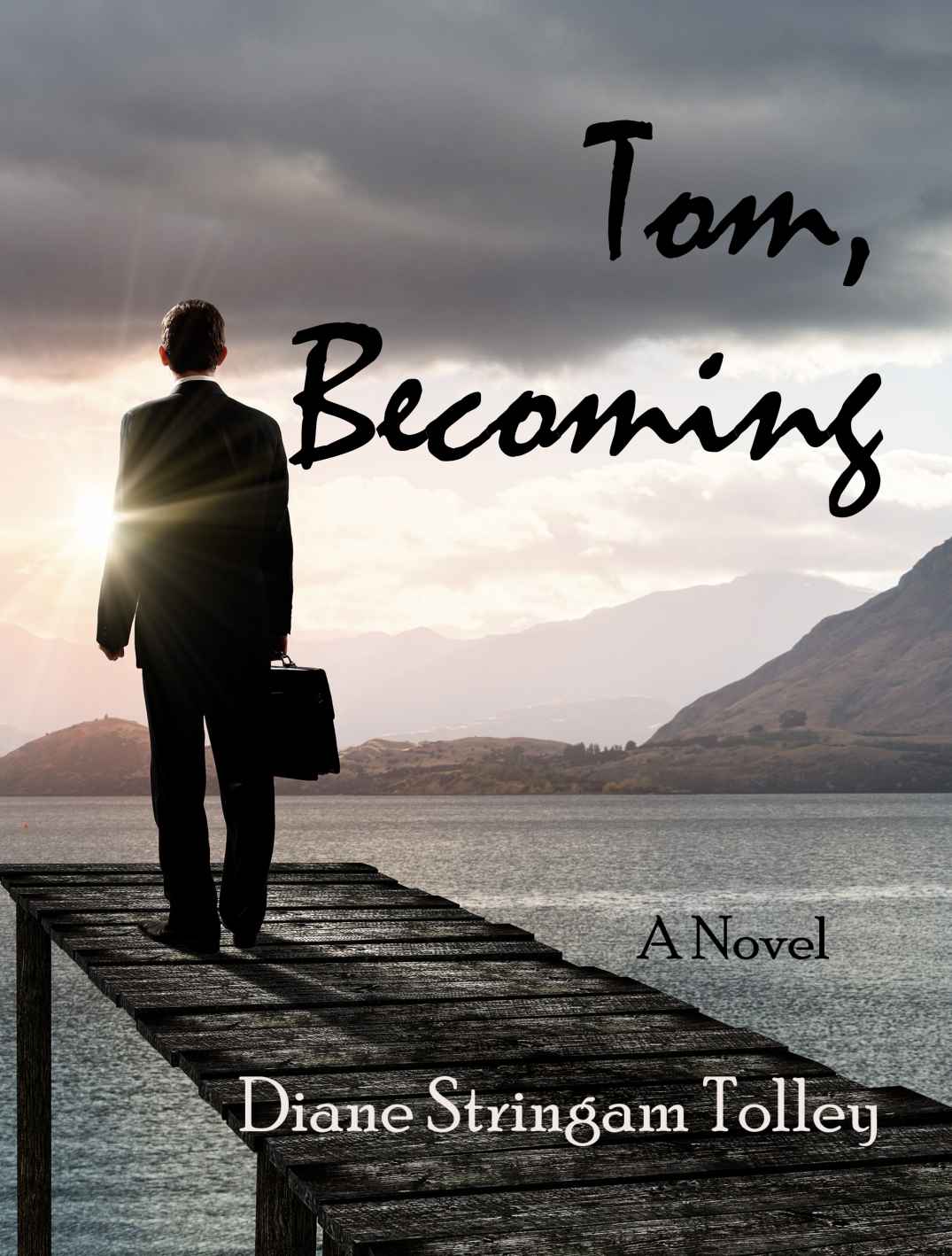 |
| Tangmere. History makes me cry. (bbc.uk.co picture) |
The last two museums had been announced by the powers-that-be.
One to house a collection of cars and trucks and thing that go. Or fly.
The other to showcase the horse-drawn vehicle era.
Both having to do with transportation.
In preparation for this, my Husby was sent to the UK.
They have museums.
And could offer insights.
Thus, twenty-five years ago, he went. Taking me.
Because.
It was a wonderful, informative, exhilarating, exhausting, emotional trip.
We saw farm museums. Transit museums. Air museums. Automobile museums.
We even went to the mews at Buckingham palace and got up close and personal with the gold coach.
But one visit stands out above all of the others.
Oh, we had seen exhibits expertly assembled.
Cunningly and beautifully displayed.
Extensive, professional artwork in beautiful buildings.
And trained, informed staff.
But none of them could compete with the (then) little museum, Tangmere.
Near Chichester, England, on the site of the old RAF Tangmere Airfield, this museum was almost exclusively manned by airmen who had served there during WWII.
Perhaps that is what made the difference.
The displays came to life when your guide, who had known the showcased men personally, described them.
He had many stories to tell.
And no few tears were shed in the telling.
One, in particular, I remember most vividly . . .
The worker/veteran, I'll call him Michael, described a gentleman entering the museum.
Alone.
This man wandered from exhibit to exhibit, reading the hand-lettered cards and information.
Studying the artifacts.
Finally, he approached the desk. "Have you a cemetery?" he asked Michael in heavily German-accented English.
"Why yes, sir. It's just through there." Michael pointed him towards a door.
"Thank you." The man went outside to the small cemetery directly behind the main building.
There rests everyone lost during the August 16, 1940 raid on Tangmere during WWII.
Everyone.
The visitor stayed outside for a long time.
Finally, he re-entered the building and returned to the front desk.
"Please excuse me, but I couldn't help but notice that you have buried the German dead with the English."
Michael got a bit teary-eyed in his telling at this point. "Why yes, sir," he told the man. "They were each and all someone's son."
The German visitor began to cry. Finally he whispered, "I was in the wave of German fighters who bombed you."
The Englishman put out his hand.
"Well it's nice to actually get to meet you!" he said heartily, shaking the other's hand. "And I should tell you that you and your boys made one hell of a mess!"
Michael looked at us. "I don't know what we were when he came in, but we parted friends."
I cried all of the way back to our hotel.
P.S. Most of us can never know the agony, physically, mentally and spiritually. We can only thank those who take our places there . . .


































Beautifully told. Thank you fellow member of Women of Midlife. :)
ReplyDeleteYou are so welcome! And thank you!
DeleteTears here. Thank you. And that wise Englishman.
ReplyDeleteWisdom from experience. And a forgiving heart!
DeleteSo very touching. I have tears, too.
ReplyDeleteThanks, Jenny!
DeleteWhat a story! It made me cry as well. Such a terrible time in history. So much loss.
ReplyDeleteLoss everywhere! So nice that some people can take the lesson and leave the pain behind!
DeleteI, also, have tears streaming down my face.
ReplyDeleteThank you, Alana!
DeleteIf only more people could learn and stop the hatred? jealousy? greed? whatever it is that begins wars, so people aren't sent by others to fight in wars they don't want. Too many young people made to "follow orders" and their lifetime memories, if they survive are always tinged with sadness.
ReplyDeleteI totally agree, River. It's all so sad!
DeleteThis shows that so many of those who had to fight in a war were more interested in keeping the peace than fighting. They were following orders; nothing more and nothing less. And sometimes there were those who risked courtmartial to help an enemy return to regroup as the fight was no longer within him to keep going. Such a story is recounted in the book: 'A Higher Call,' by Adam Makos. The attached link is a video about that book. https://www.youtube.com/watch?v=_8EkmyoG83Q
ReplyDeleteI absolutely love this story! I cry just hearing about it!
DeleteThank you for that link, George. I hadn't heard this story before. I'll be looking for the book now.
Delete